The fourth beta of iOS 17.4 that Apple released today adds a new CarPlay feature, according to the notes that Apple provided to developers.
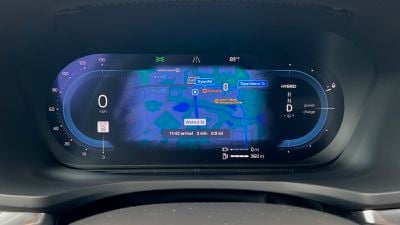
In supported CarPlay vehicles, there's now an Apple Maps option to show information about upcoming maneuvers in the instrument cluster. CarPlay users will be able to swap the display type between the main and instrument cluster by tapping on the map configuration button located in the upper right of the main Maps screen.
Apple this year introduced a new next-generation CarPlay experience that will show up in high-end vehicles starting in 2024, but this feature addition is separate from that.
It appears this new experience will be available in vehicles that support a dual-screen Apple Maps CarPlay experience, with a supplementary Apple Maps view that's located in the driver display or head-up display. CarPlay began supporting this functionality several years ago, but manufacturers have been slow to adopt it with BMW, Volvo, and Polestar being among the first on select vehicles.
While those vehicles have supported an Apple Maps view in the driver display, they have not shown text prompts such as upcoming turns or lane guidance, so it appears today's addition will give users some control about what information appears where.
With the iOS 17.4 update, the driver display will optionally display turn-by-turn directions so that CarPlay users can navigate without having to look away from the display directly in front of them.
iOS 17.4 is limited to developers and public beta testers at this time, but it will see a public release in March.


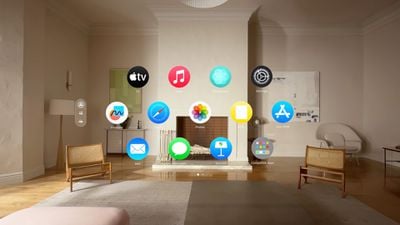
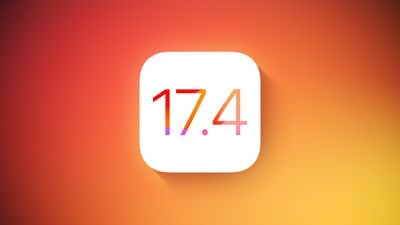
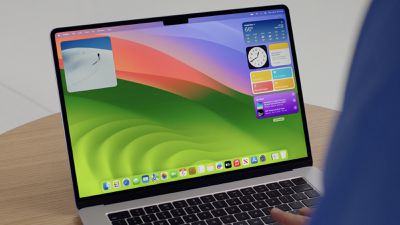
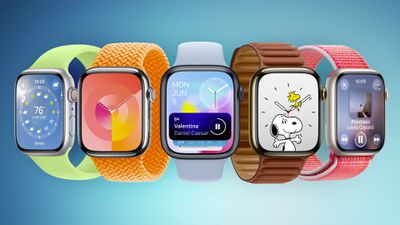
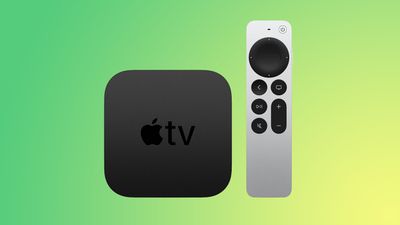
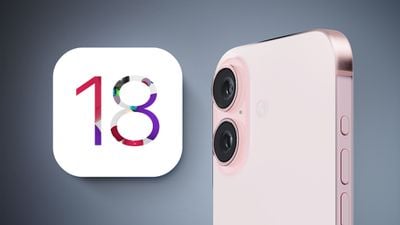
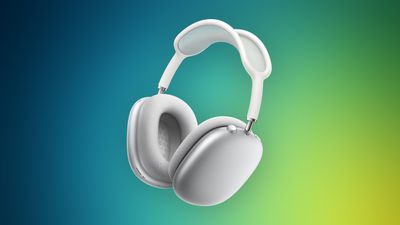

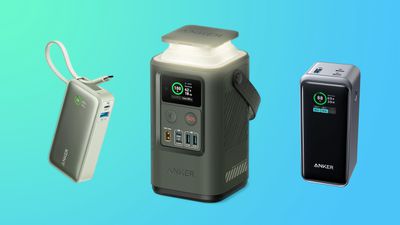 Note: MacRumors is an affiliate partner with Amazon. When you click a link and make a purchase, we may receive a small payment, which helps us keep the site running.
Note: MacRumors is an affiliate partner with Amazon. When you click a link and make a purchase, we may receive a small payment, which helps us keep the site running.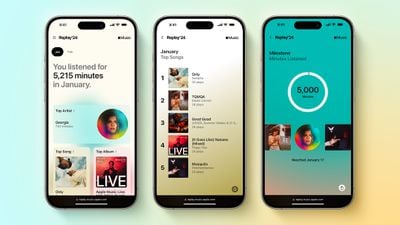

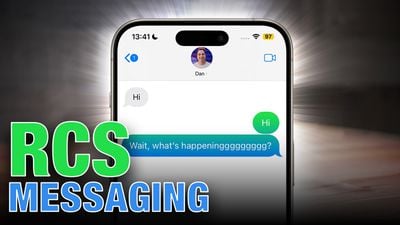
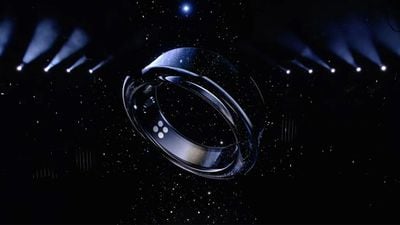 Teaser image of Samsung Galaxy Ring shown at Galaxy Unpacked in January
Teaser image of Samsung Galaxy Ring shown at Galaxy Unpacked in January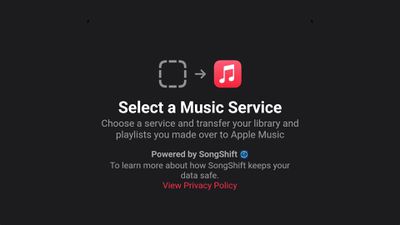
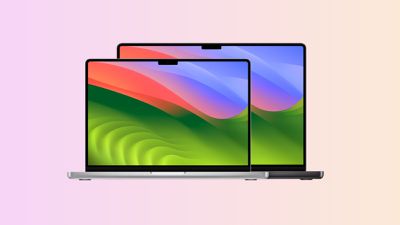
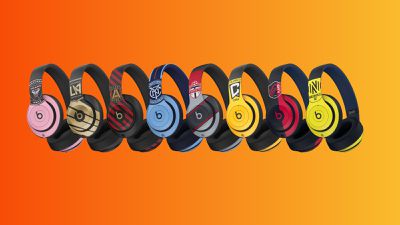
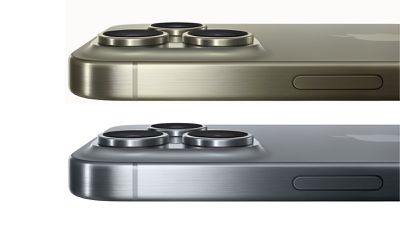 Mock-up of the alleged new iPhone 16 Pro color options shared by Majin Bu.
Mock-up of the alleged new iPhone 16 Pro color options shared by Majin Bu.









